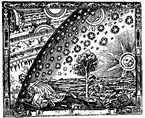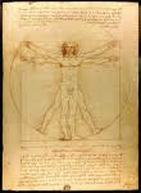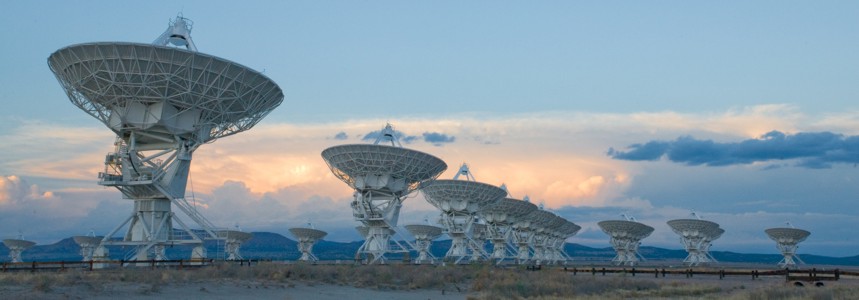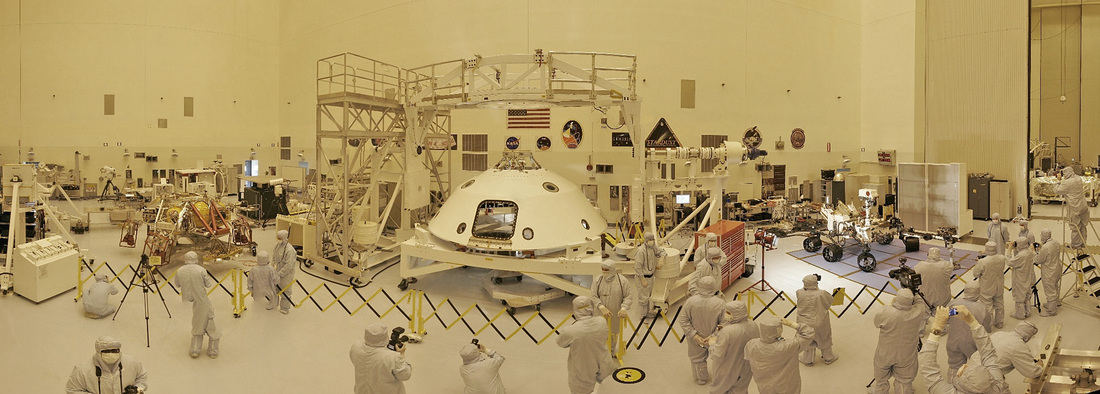1. General problems of science
a. Epistemological problems of science
(i.e. What is the criteria of scientific approach? Is only one type of ‘scientificness’ possible? Can there be any other foundation of a scientific theory than the sensual experience? How reliable is induction? Can a probability of a state of facts (an eventuality) really be measured, or only a probability of a logical possibility (a necessity) can be calculated? What is verification and to what extent can it verify?)
b. Metaphysical problems of science
(i. e. Does scientific theory reveal reality? What is ‘objectivity’? How do contexts exist? What is ‘explanation’ after all? Do the conceived beings really exist /i.e. subatomic particles, ego, financial market, freedom/?)
c. Ethical problems of science
(i.e. Where are the limits of a scientist’s responsibility regarding dangerous research and dangerous applications? Is the limitation and prohibition of research in certain questions allowable or compulsory /i.e. religious miracles, racial differences, alive autopsy/?)
2. Problems of the connections between scientific fields
(i.e. Is a unified scientific theory and science that connect every scientific field possible? Is there an essential difference between natural and social sciences? Can sciences ultimately be reduced to one fundamental science? What makes a scientific field autonomous and what makes an interdisciplinary science autonomous?)
3. Problems of scientific key concepts
(I.e. What is ‘time’, ‘space’, ‘energy’, ‘matter’, ‘cause’, ‘reason’?)
1st phase (from the beginnings to the 4th century B.C.)
| purpose: task: leading science: method: result type: character of knowledge: | surviving to know the future, to know time astrology observation, description, record universal order, universal logics (e.g. Dharma, Tao, Logos) mystical, divine gift, god-serving |
| purpose: task: leading science: method: result type: character of knowledge: | economic power technology, engineering, applications physics experiment, induction, empiricism laws, rules, formulae public, polyhistoric, economy-serving |
| purpose: task: leading science: method: result type: character of knowledge: | political power general problem solving algorithm, approach patterns mathematics, cybernetics, informatics formalization, quantification, functional analysis model, phraseology special, partial, scientific-industry-serving |
| purpose: task: leading science: method: result type: character of knowledge: | cultural power contextualization (narration research, narration control) biology, chaos research, space technology systems theory, anomaly research methodology anarchistic, pragmatic, collective, technocracy-serving |
It is also the time when the West starts to surpass the East. This is the time when army-supplying civic enterprise becomes a serious business, which provides an even better motivation to the accumulation of capital and to investments than Protestant Ethic itself. It is from this time that the power rewards, finances, and defends the scientific achievements even against itself (i.e. against Inquisition). Besides climatic and demographic reasons, it was mass production (the basis of mass warfare) that played a significant role in the civil progression leading to the era of Renaissance, Rationalism, and Enlightenment. Agriculture, industry, and management supplying and equipping fleets and armies required professionalism, experience, rationality, and ultimately scientific-technical development. The competition of power struggle ignites a scientific-technical competition from the 16th century.
The intense kick-off of the interests of natural science and engineering was no coincidence and until today it is the military interests that decide the most important directions and proportions of scientific research and technical developments. We have been witnessing the spectacular and uninterrupted development of natural and technical sciences ever since. It is no wonder that this circumstance also dominates the concept of ‘scientificness’.
The debates about ‘scientificness’ became especially intense from the second half of the 19th century. By this time it was obvious that the scientific-technical revolution did not live up to the expectations.
The all brand new public opinion created by handouts and journalism was already divided in the question of criticalness. On one side stood the uncritical natural sciences that were fully satisfied with their own performance and their autocracy, while lined up on the other side were the dissatisfied church - being beaten but already preparing for the rematch - and the social sciences that were born from the political demands of the critiques of society and science. The moral, political, and methodical credibility of science were all present in their debate at the same time. There have been several rounds, but the fight still goes on.
‘First Round’: science against religion (from the 16th century)

‘Second Round’: natural science against social science
(from the 2nd half of the 19th century)

‘Third Round’: power against progression (from the 1920s)

‘Fourth Round’: the division of social sciences (from the 1970s)

The most popular questions of scientific philosophy (‘scientific theory’)
(Empiricism – Rationalism debate)
Kant pointed out the indispensability of both. The meaning presupposes an articulation’s logical relationship with other articulations and its reference to a certain set of experiences.
Which is the reliable method? Induction or deduction?
Empirical inductive method (induction): universal abstracted from individual
Axiomatic deductive method (deduction): individual abstracted from universal
Induction is necessary for description. Deduction is necessary for systemization.
Every scientific concept highlights a feature (describes) and puts it into a system (systemize). Both methods are inevitable.
What is the relation between facts and values?
Fact: connection of data based on values, a value-function data-function.
Every factual statement has value statement and every value statement has factual statement.
What is verification?
‘Verification’ according to the Vienna Circle (i.e. Rudolf Carnap /1891 – 1970/) is: backtracing a statement to factual statements that can be verified by experience. Karl Popper (1902 – 1994) says ‘falsification’ is when a falsifiable statement’s nonfalsification (not-being-falsified-ness) strengthens the statement. Being theoretically unfalsifiable is being unscientific.
How does science evolve?
Thomas Kuhn says (1922 – 1996) the scientific thought is dominated by paradigms (world views, fundamental questions). There are always exceptional experiences (anomalies) to which the actual paradigm cannot provide explanation, but these are not disturbing as long as the following of the paradigm brings more success than failure. This standard approach is replaced by a crisis, when the number of failures grow too big and there is no solution yet. This crisis is then followed by a scientific revolution when the new paradigm emerges. The scientific opinion initially rejects it, but it eventually becomes popular by the success from following it. A new standard approach takes shape based on the new paradigm.
What can ‘scientificness’ be measured by?
Not being able to quantify (‘scientify’) exactly the scientific quality has long been disturbing the natural scientific views. Therefore it made a worldwide qualifying system obligatory, which allows every uneducated or unintelligent person (provided he/she can still add) to be able to determine if a scientist is a genius or absolutely useless. Whoever is the most spoken about is the ‘smartest’ of all. No kidding.






 RSS Feed
RSS Feed
